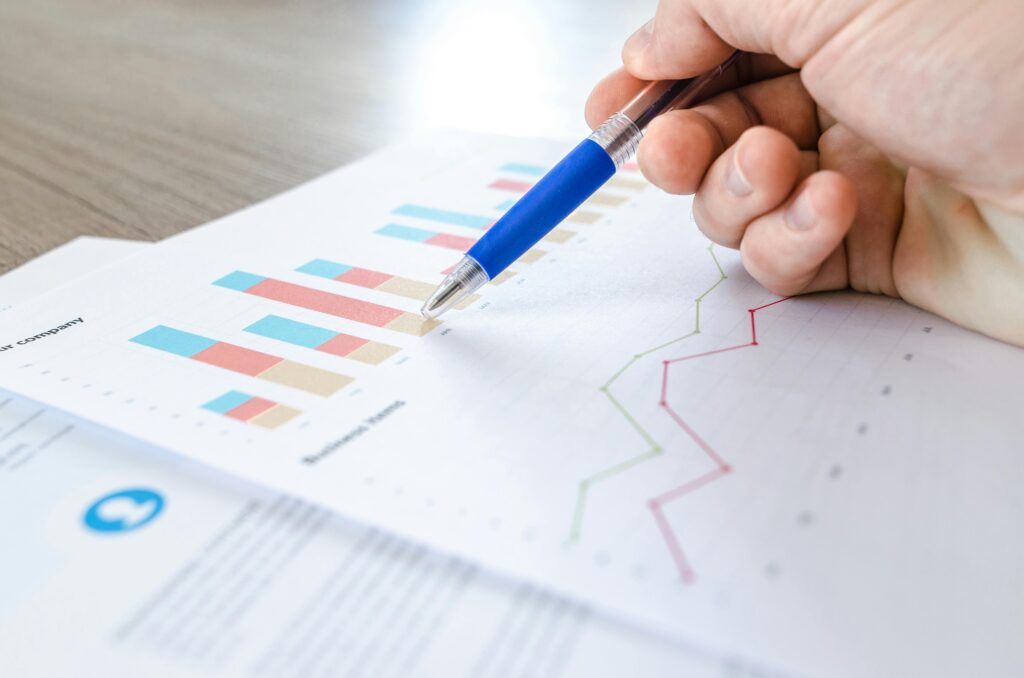Take back control of your personal data

Have you ever wondered how companies manage to offer you ultra-targeted ads or recommend products that seem to be a perfect match for you? Behind these technological feats lies an often overlooked reality: the collection and use of your personal data. This is where the Law 25 comes in, which was introduced in September 2022, but came into force on September 22 2024, in Quebec. A new fundamental right: the right to data portability.
What exactly is data portability?
Imagine if all the information you’ve given to a company over time (your online purchases, messages, preferences, etc.) is in a digital file. This file is a bit like your digital profile. Data portability is the right to ask this company to give you a copy of this file, in a standard and easily usable format. This format, often JSON, is like an Excel file, but designed to store data in a structured, machine-readable way.
Data portability: a central issue for the control of our digital lives
The right to data portability represents a major step forward in the field of personal data protection. It gives individuals greater power over their digital information by allowing them to retrieve it and transfer it from one service to another. This ability has profound implications, both for individuals and for businesses and society as a whole.
Take back control of your digital life
First, portability allows individuals to regain control of their personal data. By having access to a file containing their information, users can better understand how that data is being used by businesses. This allows them to verify the accuracy of this information, correct it if necessary, and even analyze it to learn from it. For example, a user of a social network could export their data to study their consumption habits or interactions with other users.
Stimulating competition and innovation
Data portability also promotes healthier competition between companies. By making it easier to switch suppliers, it encourages companies to offer more attractive and personalized services to build customer loyalty. Let’s say a user wants to change email providers: thanks to portability, they can easily transfer their contacts and emails to a new service, without losing data. This increased competition is a driver of innovation, as companies are forced to differentiate themselves by offering ever more interesting features.
Strengthening privacy protection
By limiting companies’ power over personal data, portability helps to strengthen privacy protection. Indeed, when data is concentrated in the hands of a single actor, the risks of data leakage and misuse are increased. Portability allows data to be dispersed and thus reduce the value it represents for companies. In addition, by empowering individuals to control their data, it makes them less vulnerable to intrusive profiling and ad targeting practices.
Challenges to be met
While data portability has many advantages, it also raises technical and legal challenges. The implementation of this right requires the development of standardised and interoperable data formats, in order to facilitate the transfer of information between the different services. In addition, the limits of portability should be defined, in particular with regard to sensitive data and intellectual property rights.

How to exercise your right to portability? ?
To exercise your right to data portability, simply send a written request to the company holding your information. This request must be made in a clear and precise manner, specifying the exact data you want to recover (e.g., your browsing histories, messages, contacts, etc.). It is also recommended that you specify the desired file format for this data. JSON is particularly suitable because it is widely used, allows complex data to be represented in a structured and machine-readable way, and generates files that are generally lighter than other formats, making them easier to transfer and store. The company has a legal deadline to process your request and provide you with the data in the format you specify. In the event of a refusal or an unsatisfactory response, you can refer the matter to the competent data protection authority.
Concrete examples to better understand
Concrete examples to better understand
Let’s say you want to change your social network. With data portability, you can ask Facebook to provide you with a file containing your entire profile: your posts, photos, friends, groups, reactions, and even your private messages. This will allow you to transfer most of your business to another platform, preventing you from losing your digital memories.
Similarly, if you decide to change your streaming service, you have the right to ask Netflix or Spotify to provide you with a file containing your detailed viewing or listening history. This will allow you to easily find your favorite series, your personalized playlists or your ratings assigned to different content.
Finally, in the banking field, data portability allows you to ask your bank to provide you with a file containing a complete statement of your transactions, your bank details, the details of your credit or savings contracts, as well as your contact information. This file can be useful if you want to change banks or simply have a backup of your financial data.
What are the limits of this right?
While the right to data portability is an undeniable step forward, it comes up against certain limitations. First, the data excluded from the scope of this right may vary from country to country and from regulation to regulation. As a result, some information, such as that generated by algorithms or collected from third parties, may not be accessible. Second, business response times can be a source of frustration for users, who often want to get their data quickly. Finally, the technical complexity of manipulating data, especially in JSON format, can be a barrier for people without computer skills. It is important to note that these limits may change over time, depending on technological advances and legislative changes.
In conclusion
Law 25 and the right to data portability mark a significant turning point in the protection of our digital privacy. By giving us the ability to retrieve and transfer our personal data, this law places us at the heart of the digital economy. Becoming an actor in our digital life means not only understanding our rights, but also actively asserting them. Data portability is therefore an essential lever for strengthening our digital autonomy. By mastering the issues related to this new provision, we are able to make informed decisions about the use of our personal data and better protect our privacy.



